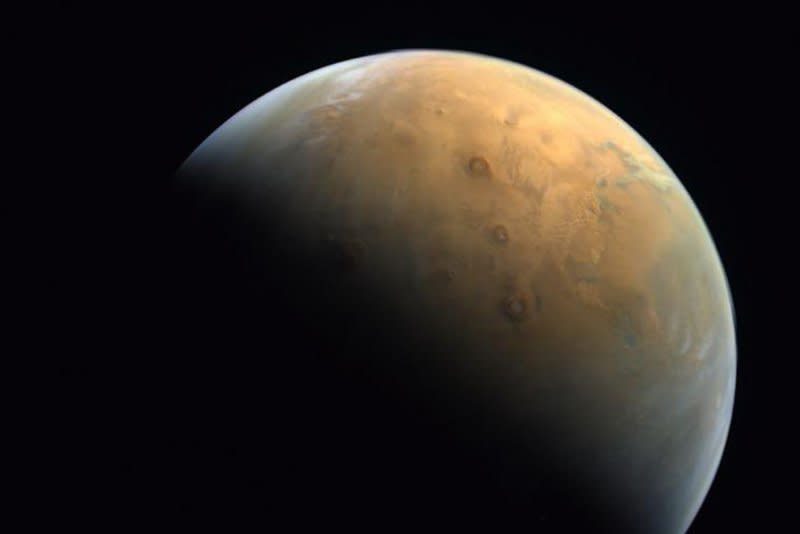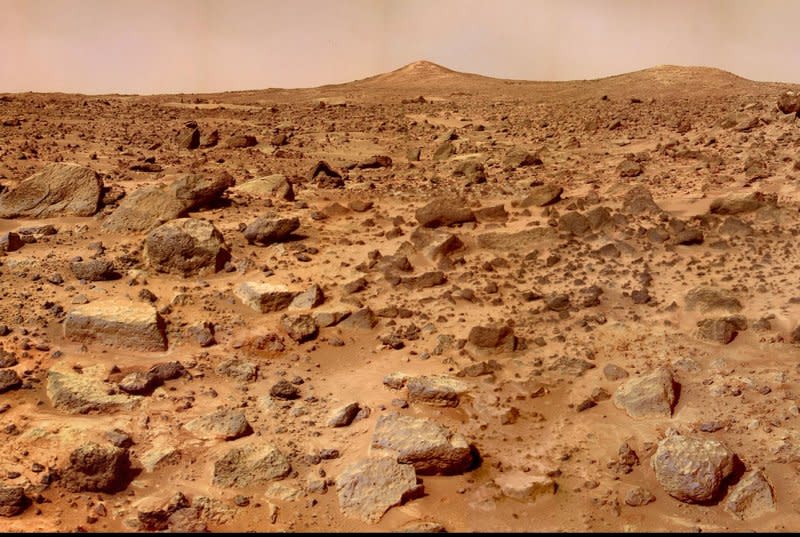NASA seeks candidates for yearlong simulated Mars mission

Feb. 16 (UPI) -- NASA said Friday it is seeking applicants for a simulated yearlong Mars mission.
The second of three planned ground-based missions under the Crew Health and Performance Exploration Analog (CHAPEA) program is slated for spring 2025.
The mission involves four crew members living and working inside a 1,700-square-foot, 3D-printed base at NASA's Johnson Space Center in Houston.
The habitat, called Mars Dune Alpha, will simulate the challenges of life on Mars, including limited resources, equipment failures, communication delays and environmental factors.
The crew will conduct simulated space walks, robotic operations, crop growth and exercise, and provide data on a variety of factors such as physical and mental health.

Applicants must be United States citizens or permanent residents who are age 30 to 55, nonsmokers and proficient in English for effective communication between crew members and mission control.
A master's degree in a STEM field such as engineering, mathematics or computer science is required, as well.
The deadline for applications in April 2.
The CHAPEA missions are providing vital information that will inform requirements for future Mars missions, according to NASA. The agency, meanwhile is working to establish a longterm scientific exploration of the moon through its Artemis campaign.
NASA plans to build an Artemis base camp on the surface of the moon and a gateway that will transfer astronauts from lunar orbit to the surface. The agency said that mission also will help inform the possibility of Mars exploration in the future.

